Find Help
More Items From Ergsy search
-
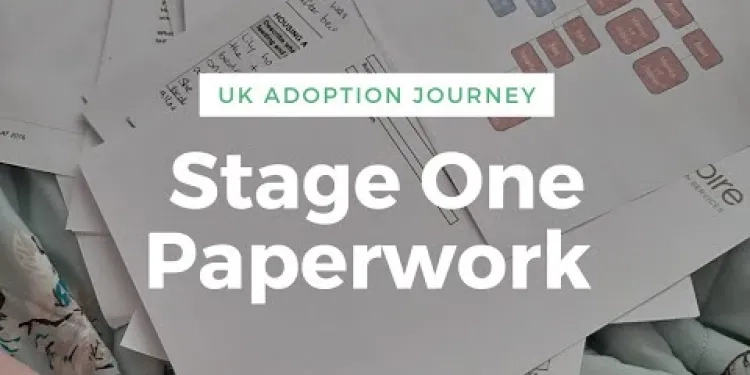
Stage One Paperwork | UK Adoption Journey
Relevance: 100%
-
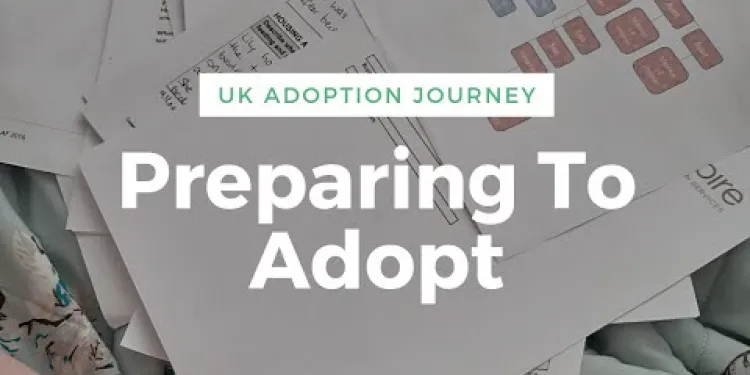
UK Adoption Journey | What we did to prepare | Stage One Update
Relevance: 85%
-
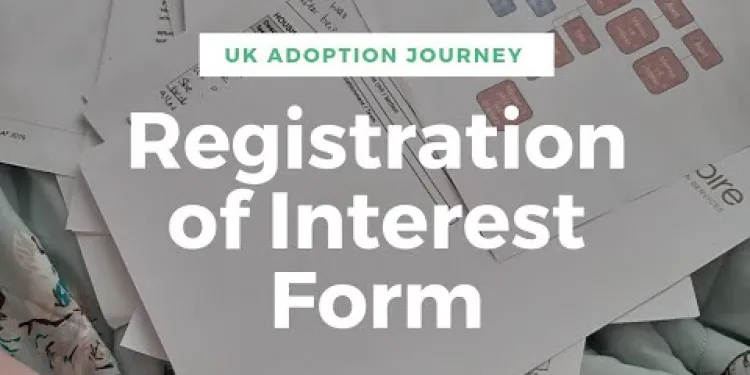
Registration of Interest Form | UK Adoption Journey
Relevance: 49%
-
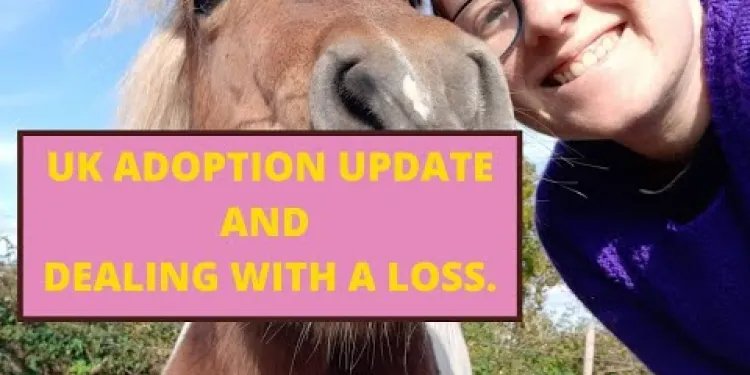
Adoption and dealing with a Loss
Relevance: 48%
-

Has the process for adoption changed in 2026?
Relevance: 43%
-

What are the stages of testicular cancer?
Relevance: 41%
-
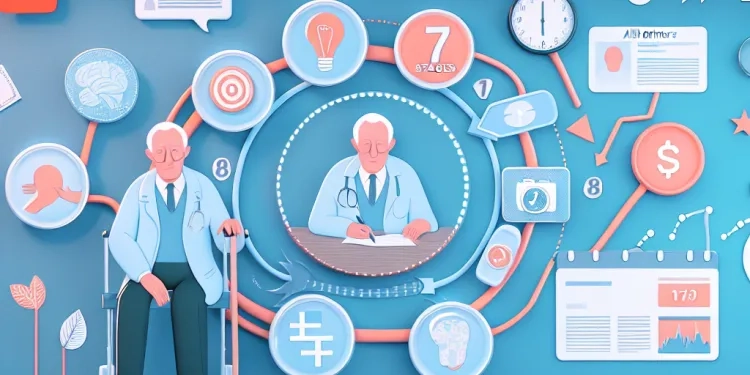
What are the stages of Alzheimer's disease?
Relevance: 38%
-

How is the stage of bowel cancer determined?
Relevance: 38%
-
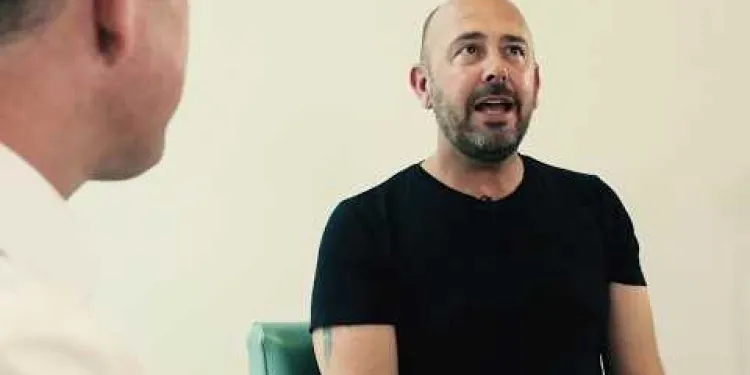
Living with early stage kidney disease
Relevance: 38%
-

How can carers plan for future stages of Alzheimer's disease?
Relevance: 31%
-

Digital Banking: A Surge in Adoption Amongst All Age Groups
Relevance: 26%
-
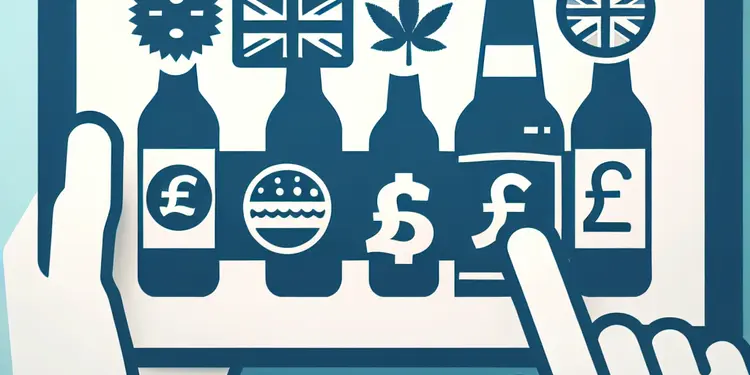
How can one reduce the risk of binge drinking?
Relevance: 23%
-
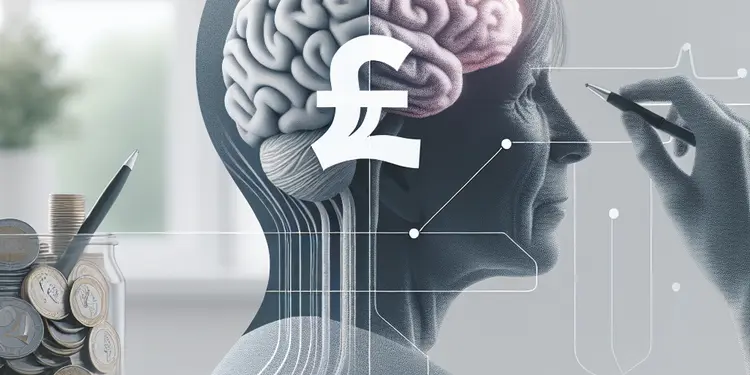
What symptoms can overlap between menopause and the early stages of dementia?
Relevance: 21%
-
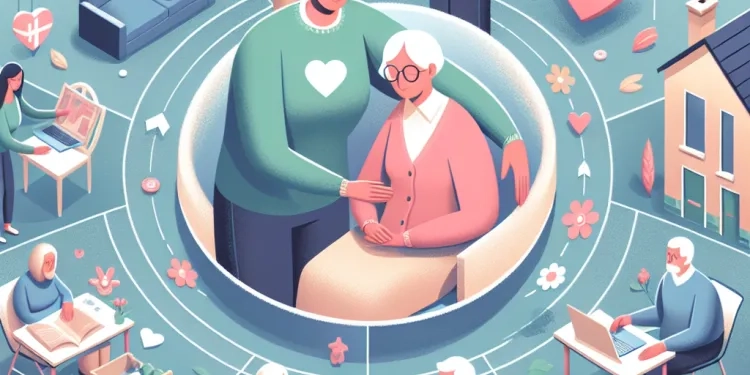
How can families support a loved one with Alzheimer's?
Relevance: 21%
-

Can I apply for more than one grant?
Relevance: 21%
-
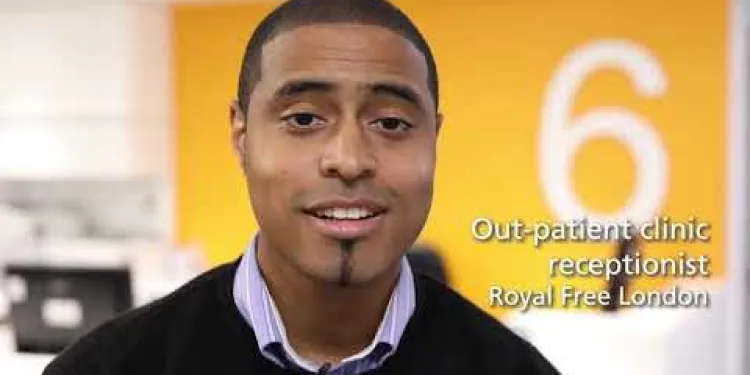
Anaemia One stop shop
Relevance: 20%
-

Can an indefinite sentence be converted to a definite one?
Relevance: 20%
-
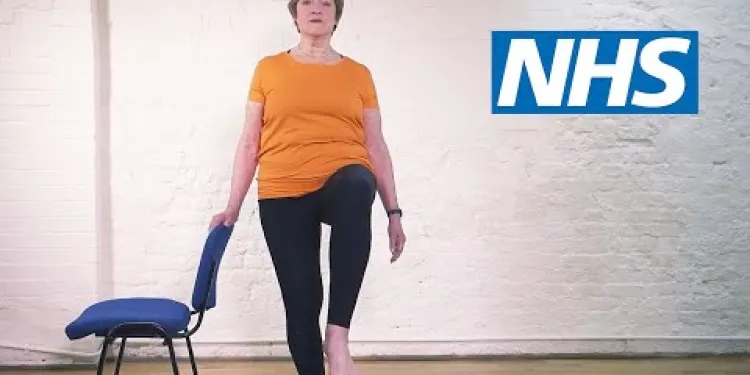
Pilates for back pain: Standing on one leg | NHS
Relevance: 20%
-

How does one initiate property litigation?
Relevance: 19%
-
How can someone help a loved one with an eating disorder?
Relevance: 19%
-

How can one minimize the impact of coffee on blood pressure?
Relevance: 19%
-

Are wired Ring Doorbell Cameras better than battery-powered ones?
Relevance: 18%
-

What happens if I receive more than one Winter Fuel Payment?
Relevance: 18%
-

The True History of the Catholic Church That No One Told You
Relevance: 18%
-

Is there a maximum number of penalty points one can receive?
Relevance: 18%
-

How can I support a loved one with dementia?
Relevance: 18%
-

How often should one get tested for gonorrhoea?
Relevance: 17%
-
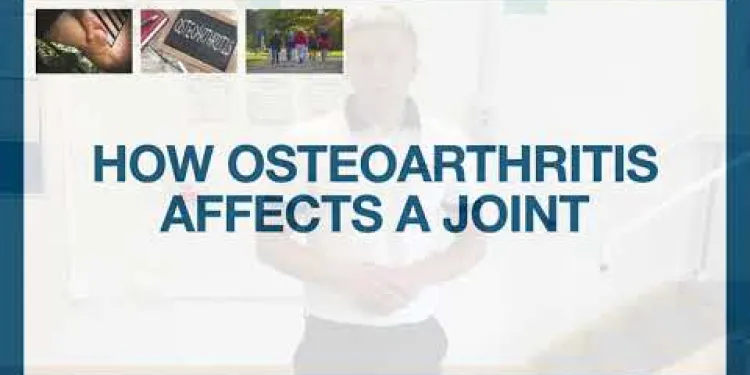
Part One: Understanding Osteoarthritis- MSK Physiotherapy
Relevance: 17%
-

What steps can I take to help an elderly loved one avoid scams?
Relevance: 17%
-

What is a booster jab, and do I need one?
Relevance: 17%
-

Where can one buy caffeine pouches?
Relevance: 17%
-

What is an energy broker and should I use one?
Relevance: 17%
-

What is a mobile firewall and should I use one?
Relevance: 17%
-
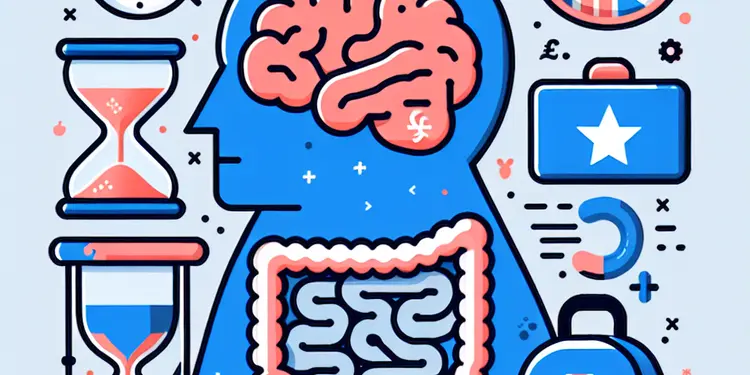
Can gut health affect mental health as one ages?
Relevance: 17%
-

What is the Sure Start Grant?
Relevance: 16%
-

How can one pay for care home services?
Relevance: 16%
-
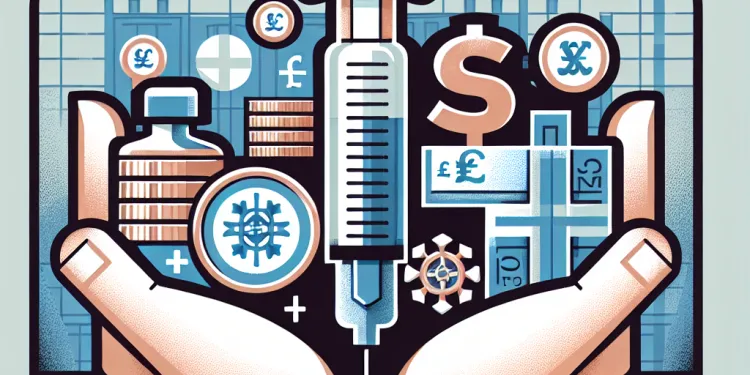
At what age should one get the shingles vaccine?
Relevance: 16%
-

How often should one perform air physiotherapy?
Relevance: 16%
-

Which one is better for headaches: Aspirin or Paracetamol?
Relevance: 16%
-

Which one is better for toothache: Ibuprofen or Paracetamol?
Relevance: 16%
UK Adoption Journey: What We Did to Prepare | Stage One Update
The Decision to Adopt
Choosing to adopt is a significant and life-changing decision. It's essential to reflect on your motivations and readiness to expand your family through adoption. In the UK, adopting a child involves a structured process designed to ensure the best outcome for both the child and the adoptive parents. We began by attending local informational sessions offered by adoption agencies. These sessions provided valuable insights into the adoption process, the children in need of homes, and the challenges adoptive parents may face. This initial step helped us confirm our commitment and prepare for the journey ahead.
Preparing for Stage One
Stage One of the UK adoption process focuses on initial preparation and assessment. To lay a solid foundation, we began by gathering all the necessary documentation, such as birth certificates, marriage certificates, and identity proof. Completing a medical examination was also required to ensure that we met the health requirements for adoptive parents. We knew this stage would require transparency, so we familiarized ourselves with the process by reading guides provided by the agency and connecting with existing adoptive families. Their real-life experiences and advice were invaluable in helping us understand what to expect during Stage One.
Engaging in Training and Learning
A crucial aspect of preparation involves understanding the needs of adopted children. We participated in mandatory training programs offered by our adoption agency. These training sessions covered topics such as the impact of trauma on children, attachment issues, and effective parenting strategies. Engaging in these learning opportunities not only equipped us with practical skills but also deepened our empathy and readiness to parent an adopted child. Additionally, reading literature on adoption and attending support group meetings further enriched our knowledge and preparedness.
Stage One Update
As we progressed through Stage One, we focused on building a strong relationship with our allocated social worker. Frequent meetings and discussions helped our social worker understand our family dynamics, lifestyle, and motivations. The home visit was a pivotal moment, where we demonstrated our living environment's safety and suitability. Keeping an open and honest rapport was key to establishing trust and ensuring that our assessment was thorough. By the end of Stage One, we felt more confident and hopeful, eagerly anticipating the next steps in our adoption journey in the UK.
UK Adoption Journey: What We Did to Prepare | Stage One Update
The Decision to Adopt
Deciding to adopt a child is a big choice. It changes your life a lot. You need to think about why you want to adopt and if you are ready. In the UK, there is a plan to help both the child and parents. We started by going to meetings at local adoption centers. These meetings taught us about the adoption process, the children who need families, and what challenges we might face. This was our first step to make sure we were ready to start the adoption journey.
Preparing for Stage One
Stage One is about getting ready and being assessed. We needed to collect important documents like birth certificates and marriage certificates. We also had to have a health check. This means seeing a doctor to make sure we are healthy enough to adopt. We learned about what would happen by reading guides and talking to other adoptive parents. Their stories helped us know what Stage One would be like.
Engaging in Training and Learning
It is important to know the needs of adopted children. We went to training sessions from our adoption agency. These sessions talked about things like how trauma affects children and how to be a good parent. The training helped us learn useful skills and made us more understanding. We also read books and went to support groups to learn even more.
Stage One Update
During Stage One, we built a strong relationship with our social worker. We met with them often to talk about our family and why we wanted to adopt. A big part was when the social worker visited our home to check if it was safe and a good place for a child. Being open and honest was important for trust. By the end of Stage One, we felt ready and excited for the next steps in our UK adoption journey.
Frequently Asked Questions
What is the first step in the UK adoption process?
The first step in the UK adoption process is contacting a local adoption agency or the local authority to express interest and gain initial information about the adoption journey.
How do I choose an adoption agency in the UK?
Choosing an adoption agency involves researching local authorities and independent adoption agencies. You may want to consider factors such as their reputation, the support they offer, and their proximity to your location.
What is Stage One of the UK adoption process?
Stage One of the UK adoption process is the initial phase that involves registering your interest, attending an information session, and undergoing some basic checks, including background checks and medical assessments.
How long does Stage One of the adoption process typically take?
Stage One of the adoption process typically takes around two months, but this can vary based on individual circumstances and the agency's processes.
Are there specific criteria I need to meet to adopt in the UK?
Yes, you must be over 21, have a stable lifestyle, and be able to provide a secure and loving home. Background checks and medical assessments will also be conducted.
How can I prepare for adoption in the UK?
Preparation involves attending information sessions, completing necessary paperwork, engaging with social workers, and possibly attending training sessions provided by the adoption agency.
Can single people adopt a child in the UK?
Yes, single individuals can adopt in the UK. The focus is on the ability to provide a loving and stable home for a child.
What types of support are available during the adoption process?
Support can include guidance from social workers, training sessions, mentorship from those who have previously adopted, and post-adoption support services.
Is there an age limit for adoptive parents in the UK?
There is no formal upper age limit for adoptive parents in the UK, but agencies will consider your ability to meet the needs of a growing child.
Do I need to own my home to adopt a child in the UK?
No, you do not need to own your home. Whether you rent or own, what matters is that you can provide a stable and supportive environment for a child.
What is the role of a social worker in the adoption process?
A social worker provides guidance, conducts assessments of prospective adopters, supports the matching process, and offers support post-placement.
How can existing children in the family be involved in the adoption process?
Existing children can be involved through family discussions, meeting the social worker, and possibly participating in any preparatory training provided by the agency.
What is the Adoption Register for England?
The Adoption Register for England is a tool that helps match potential adoptive parents with children waiting to be adopted across the country.
Can I adopt a child from another part of the UK?
Yes, you can adopt a child from another part of the UK. The adoption agency will work with you to explore options and potential matches.
What can I expect at an adoption information session?
At an adoption information session, you can expect to learn about the process, meet social workers, hear from adopting families, and ask any questions about the journey.
What do you do first to adopt a child in the UK?
The first step to adopt a child in the UK is to talk to a local adoption agency or the local council. They will tell you about adopting a child and what to do next.
How do I pick an adoption agency in the UK?
Choosing an adoption agency can be a big decision. Here are some simple steps to help you:
- Make a list of adoption agencies in the UK. You can search online or ask friends and family.
- Check if they are approved by the government. This means they are safe and follow the rules.
- Read some reviews from other people who have used the agency. This can tell you if they had a good experience.
- Contact a few agencies and ask questions. You can ask how they help people adopt children.
- Pick the agency that makes you feel comfortable and supported.
Remember, it's okay to take your time. Use pictures, videos, or talk to someone if that helps you understand better.
When you are picking an adoption agency, you should look into different local and independent adoption places. You might want to think about things like how well-known they are, the help they give, and how close they are to where you live.
What is the First Step to Adopt a Child in the UK?
Adopting a child can be a long journey. Here is the first step you need to know:
- You talk to an adoption agency. They help you start the process.
- They give you information and forms to fill out.
- You learn about what adoption is and what to expect.
To help understand adoption, you can:
- Use pictures or videos that explain adoption.
- Ask a friend or family member to read with you.
Stage One of adopting a child in the UK is the first step. You need to say you are interested in adoption. Then, you go to a meeting to learn more. You also have some checks. These checks include looking at your past and health.
How long does the first part of adoption take?
Adoption is when you bring a new child into your family. The first part is called Stage One. This part can take about 2 months, but it might be longer for some people.
You can use tools to help you understand better:
- Ask questions: It's okay to ask someone to explain things if you are unsure.
- Take notes: Write down important information to help you remember.
- Use a calendar: Mark important dates to keep track of time.
The first part of adopting a child usually takes about two months. But it can be different for each person and the adoption agency they are working with.
What do I need to adopt a child in the UK?
Do you want to adopt a child in the UK? Here is what you need:
- You must be over 21 years old.
- You can be single, married, or in a partnership.
- You need to have a stable home.
- You need to be able to support a child.
It helps to talk to an adoption agency. They can guide you and answer your questions.
You need to be over 21 years old. You should live a stable life and be able to give a safe and loving home. They will also check your background and your health.
How do I get ready to adopt a child in the UK?
Adopting a child means bringing a new child into your family. Here are some steps to help you get ready:
- Learn about adoption: Read books or watch videos to understand what adoption is.
- Talk to people: Speak with families who have adopted children. They can share what they experienced.
- Visit adoption websites: Websites can give you lots of useful information.
- Get support: Joining support groups can help you meet other people who are adopting. You can make new friends and get advice.
- Think about your family: Talk with your family and make sure everyone is ready to welcome a new child.
- Be patient: Adoption can take time. It is important to stay calm and positive.
Remember, you can ask for help if you need it. There are people who can guide you through the adoption process.
Getting ready to adopt a child has a few important steps. First, you go to meetings to learn more. Next, you fill out forms that are needed. You also talk with social workers who help with adoption. Sometimes, you might go to special classes that teach you more about adopting. These classes are from the adoption agency.
If reading is hard for you, try using bookmarks to keep your place. Reading out loud can also help you understand better. Don't be afraid to ask for help if you need it.
Can one person adopt a child in the UK?
Yes, one person can adopt a child in the UK.
If you have questions, you can talk to a social worker. They can help you understand what you need to do.
Yes, one person can adopt a child in the UK. What matters most is giving a child a happy, safe home.
What help can you get when adopting a child?
Help can come from social workers who give advice, training classes, and support from people who have adopted before. There are also services that help families after they adopt.
How old can you be to adopt a child in the UK?
In the UK, you need to be at least 21 years old to adopt a child. There is no upper age limit, but you should be healthy and able to care for a child. If you are older, don't worry. The adoption team will look at your situation and help you understand if you can adopt.
Talking to the adoption service is a good way to learn more. They can answer your questions and support you. You can also look for easy-read guides or videos about adoption to help you understand better.
In the UK, there is no set age when you are too old to adopt a child. But, when you want to adopt, people will check to see if you can take care of a child as they grow up.
Do I Need to Own My Home to Adopt a Child in the UK?
You do not need to own a home to adopt a child. You can live in a rented house or apartment. What matters is that you have a safe and loving place for the child.
Support Tip: Talk with someone from an adoption agency. They can answer more questions and help you understand the process.
No, you don’t need to own your home. It doesn’t matter if you rent or own. What matters most is that your home is a safe and happy place for a child.
What does a social worker do in the adoption process?
A social worker helps children and parents during adoption. They make sure everything is safe and good for everyone. Here’s how they help: - **Talk to Everyone:** They speak with the children and parents to understand their needs and feelings. - **Help Find Families:** They help match a child with a family that loves and cares for them. - **Give Support:** They assist families and children if they have problems or questions. - **Check on the Child:** They make visits to see everything is going well in the new family. To help understand more, you can use tools like pictures, stories, or videos. Always ask a helpful person if you have questions.A social worker helps people. They guide and support those who want to adopt a child. A social worker checks if people are ready to adopt. They help find the right children for families. After the child joins the family, a social worker is there to give more help.
How can kids in the family help with adoption?
When a new child joins a family, it's special and exciting. Here are some ways to help your kids feel part of this:
- Talk Together: Have simple talks about what adoption means. Explain that a new brother or sister will be joining the family.
- Share Feelings: Ask how they feel about a new sibling. Listen to their feelings, whether happy or worried.
- Prepare the Home: Involve them in getting the house ready. They can help set up the new child’s room.
- Plan Fun Activities: Encourage ideas for fun things to do together with their new sibling.
- Use Stories and Books: Read books about adoption. This can help children understand what is happening in the family.
Remember, every child needs love and time to adjust. Being patient and supportive is important.
Children who are already in the family can help too. They can talk with the family, meet the social worker, and maybe take part in training sessions that the agency gives.
What is the Adoption Register for England?
The Adoption Register for England is a list. This list helps match children who need a family with people who want to adopt. It helps children find new homes and families find children they can care for.
Try using pictures or videos to better understand adoption. You can also ask someone to explain it to you in a simple way.
The Adoption Register for England is a tool that helps find new families for children. It helps match kids who need parents with people who want to adopt them, all over the country.
Can I adopt a child from another part of the UK?
Yes, you can adopt a child from another part of the UK. This means you can adopt from a different town or country within the UK. Here are some things to help:
- Talk to an adoption agency. They can help you through the process.
- Read stories or watch videos of other families who have adopted. This can show you what it is like.
- Ask for help if you find it hard to read or understand information. Someone can read it to you or explain it.
Yes, you can adopt a child from a different place in the UK. The adoption agency will help you find children who might be a good match for your family.
What happens at an adoption information session?
An adoption information session helps you learn about adopting a child. This is what you can expect:
- Meeting People: You will meet other people who want to adopt and people who know a lot about adoption. They will share their stories and answer your questions.
- Learning About Adoption: You will learn what adoption means and what the process is like. This will help you decide if adoption is right for you.
- Getting Support: You will find out what help is available, like support groups and counselling services. These can help you before and after you adopt.
You might want to bring a notebook to write down important things. It's okay to bring a friend or family member for support. If you need more help understanding, ask questions during the session.
At an adoption information session, you can learn how adoption works. You will meet social workers who help with adoption. You can listen to families who have adopted. You can also ask questions if you are unsure about anything.
Useful Links
This website offers general information and is not a substitute for professional advice.
Always seek guidance from qualified professionals.
If you have any medical concerns or need urgent help, contact a healthcare professional or emergency services immediately.
- Ergsy carfully checks the information in the videos we provide here.
- Videos shown by Youtube after a video has completed, have NOT been reviewed by ERGSY.
- To view, click the arrow in centre of video.
- Most of the videos you find here will have subtitles and/or closed captions available.
- You may need to turn these on, and choose your preferred language.
- Go to the video you'd like to watch.
- If closed captions (CC) are available, settings will be visible on the bottom right of the video player.
- To turn on Captions, click settings .
- To turn off Captions, click settings again.
More Items From Ergsy search
-

Stage One Paperwork | UK Adoption Journey
Relevance: 100%
-

UK Adoption Journey | What we did to prepare | Stage One Update
Relevance: 85%
-

Registration of Interest Form | UK Adoption Journey
Relevance: 49%
-

Adoption and dealing with a Loss
Relevance: 48%
-

Has the process for adoption changed in 2026?
Relevance: 43%
-

What are the stages of testicular cancer?
Relevance: 41%
-

What are the stages of Alzheimer's disease?
Relevance: 38%
-

How is the stage of bowel cancer determined?
Relevance: 38%
-

Living with early stage kidney disease
Relevance: 38%
-

How can carers plan for future stages of Alzheimer's disease?
Relevance: 31%
-

Digital Banking: A Surge in Adoption Amongst All Age Groups
Relevance: 26%
-

How can one reduce the risk of binge drinking?
Relevance: 23%
-

What symptoms can overlap between menopause and the early stages of dementia?
Relevance: 21%
-

How can families support a loved one with Alzheimer's?
Relevance: 21%
-

Can I apply for more than one grant?
Relevance: 21%
-

Anaemia One stop shop
Relevance: 20%
-

Can an indefinite sentence be converted to a definite one?
Relevance: 20%
-

Pilates for back pain: Standing on one leg | NHS
Relevance: 20%
-

How does one initiate property litigation?
Relevance: 19%
-
How can someone help a loved one with an eating disorder?
Relevance: 19%
-

How can one minimize the impact of coffee on blood pressure?
Relevance: 19%
-

Are wired Ring Doorbell Cameras better than battery-powered ones?
Relevance: 18%
-

What happens if I receive more than one Winter Fuel Payment?
Relevance: 18%
-

The True History of the Catholic Church That No One Told You
Relevance: 18%
-

Is there a maximum number of penalty points one can receive?
Relevance: 18%
-

How can I support a loved one with dementia?
Relevance: 18%
-

How often should one get tested for gonorrhoea?
Relevance: 17%
-

Part One: Understanding Osteoarthritis- MSK Physiotherapy
Relevance: 17%
-

What steps can I take to help an elderly loved one avoid scams?
Relevance: 17%
-

What is a booster jab, and do I need one?
Relevance: 17%
-

Where can one buy caffeine pouches?
Relevance: 17%
-

What is an energy broker and should I use one?
Relevance: 17%
-

What is a mobile firewall and should I use one?
Relevance: 17%
-

Can gut health affect mental health as one ages?
Relevance: 17%
-

What is the Sure Start Grant?
Relevance: 16%
-

How can one pay for care home services?
Relevance: 16%
-

At what age should one get the shingles vaccine?
Relevance: 16%
-

How often should one perform air physiotherapy?
Relevance: 16%
-

Which one is better for headaches: Aspirin or Paracetamol?
Relevance: 16%
-

Which one is better for toothache: Ibuprofen or Paracetamol?
Relevance: 16%


